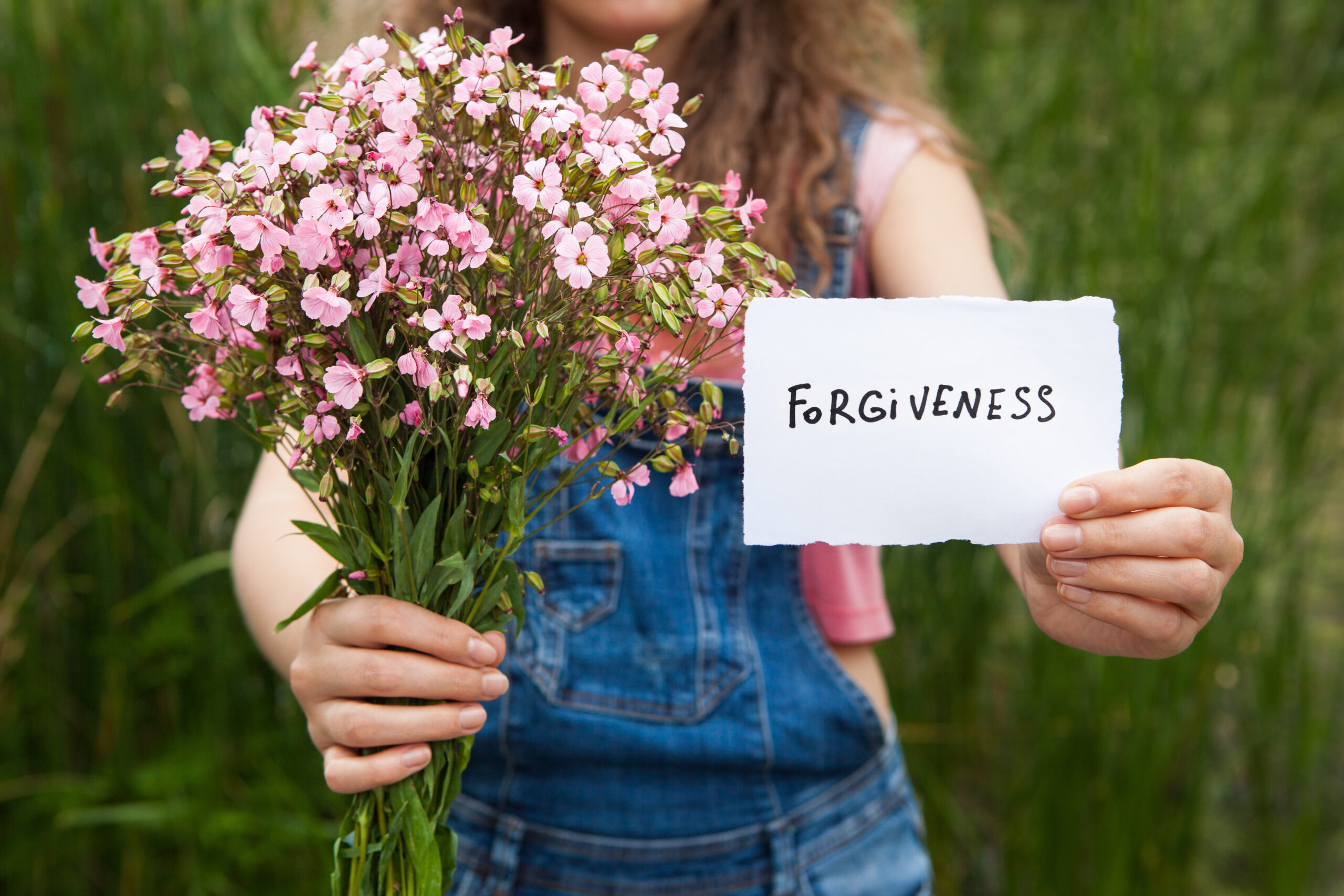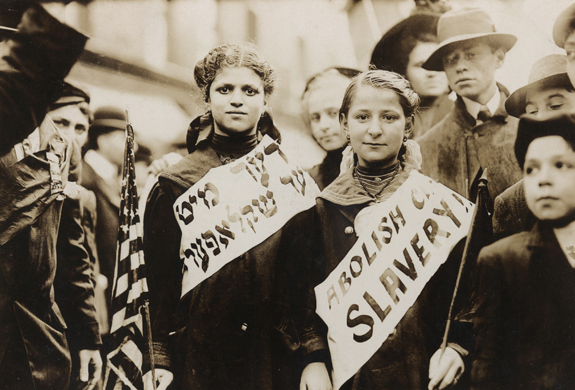Harbouring resentment towards other people for the ways that they’ve wronged you, or beating yourself up for mistakes you’ve made in the past are both powerful ways to clog up your capacity to experience true happiness – luckily, there’s an ancient technique that can help you to let go, once and for all.
In any time, place or instant when two human beings get together, disagreements are always possible. We’re all different people with different beliefs, thoughts, values, expectations and ideas – and so, naturally, arguments happen when any of these clash. However, when tempers (and egos!) are high, these arguments can often lead to hurtful comments being said, and hurtful behaviour can take place too. Sometimes, forgiveness is instant – but other times, it can take weeks, months, or even years to move through what someone said or did to you in a heated moment.
One of the biggest places this shows up, is in relationships. Whether that’s your partner, parent, sister, whatever – those closest to us often have the greatest power to hurt us, and vice versa. If forgiveness isn’t given, it can create deep-seated limiting beliefs about yourself and the world you live in, causing you to live from a default setting of fear or anger. For example, if your ex-partner cheated on you, you might still carry strong resentment toward them. As time goes on, you may subconsciously view every new partner you have with the same lens, almost waiting for them to cheat on you. This might cause you to sabotage the relationship in an effort to protect yourself from the pain you endured last time, all because you are carrying a burden that needs to be released.
Forgiving someone for causing you such great harm can seem like a mammoth task – and even with this powerful tool in your toolbox, it does take time and true commitment. But once you’re at the top of the mountain, the view is spectacular. That is to say, when you’re able to operate from a place of love (for yourself and others), rather than hate or resentment, you are able to experience true freedom.
The Ho’oponopono (pronounced Ho-oh-po-no-po-no) is an ancient Hawaiian forgiveness and reconciliation technique, which gives you the opportunity to forgive someone without their participation, and it is conducted in four simple steps.
Before you begin, it is important to only embark on this journey if you are truly ready to let go of the burden that has been holding you down, as it requires you to take responsibility too. This doesn’t mean accepting blame or fault – it simply means that in order to move on, there is always some responsibility that needs to be taken, because without it – there is no growth.
The practice involves invoking higher, positive emotional states with spoken word, so for each step, make sure you really feel what you’re being asked to say before moving onto the next part of the process. If you try to speed it up for convenience’s sake, it won’t work.
When you are ready to begin this practice and support yourself in receiving and experiencing freedom once more, follow the steps below:
STEP ONE: I FORGIVE YOU.
Bring to mind the situation, person or experience that causes anger, hatred and/or resentment to boil up inside you. Keep breathing deeply. Spend only a moment here, gathering the emotion. See them in front of you, and bring awareness to how you are feeling. When you are ready – and only when you are truly feeling it – say out loud, ‘I FORGIVE YOU’. It may seem hard at first, and if you find it difficult to feel forgiveness, simply ask yourself what it might feel like to have forgiveness for this person, and keep practicing that.
STEP TWO: I’M SORRY.
This is the toughest part for a lot of people, because it involves responsibility being taken – and this can be mistaken with needing to accept blame or make it your fault when you feel like it isn’t. However, regardless of the situation, to some degree, there is always responsibility to be taken – even if it simply, ‘I’m sorry for letting this go on so long’. In our example of the cheating partner, you could say, ‘I’m sorry for ignoring the signs’. By taking responsibility, you actually take back your power.
STEP THREE: THANK YOU.
With the initial releasing work done, you can now find gratitude in the situation or experience, because no matter what happened – it brought you powerful lessons that you can apply to your life in a positive way. When you say ‘thank you’, you’re not saying ‘thanks for cheating on me!’, but, ‘thank you for teaching me to honour my worth’ or, ‘thank you for showing me what I don’t want in a partner’. When you can identify a lesson, you are able to focus on what the situation has taught you, rather than the situation yourself.
STEP FOUR: I LOVE YOU.
Similar to step 1, this part of the process might take a little longer. When you are able to say ‘I love you’, and mean it, your forgiveness process is complete, and you have released all resentment, coming back into alignment with love. You may not love the person themselves, but where can you find love? In the journey to where you are now? In the version of you that the person helped you to become? As we all know – love is the ultimate power, and transforming your resentment into love is the quickest path to freedom.
You can apply this technique to any situation in your life that holds power over you – any person or experience that has angered you, can be released through this. Practice it as many times as you need to, and you’ll soon notice your resentment fading, and your love for yourself, the world, and others returning.
Jacqui Sive is a high-level life and business mentor, helping conscious leaders expand into their greatest potential. Visit her website at jacquisive.com.





